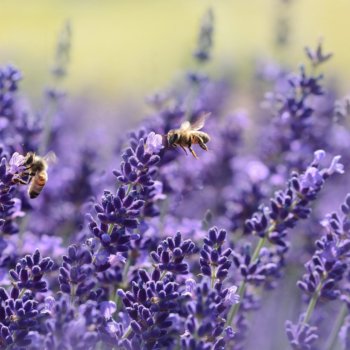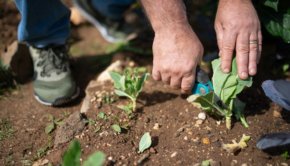Citizens’ Assembly urges state to enforce biodiversity laws
6 April 2023
The Recommendations and Report of the Citizens’ Assembly on Biodiversity Loss – the first such national citizens’ assembly anywhere in the world – launched in Dublin yesterday.
It contains over 150 recommendations that have the potential to dramatically transform Ireland’s relationship with the natural environment.
The report was produced as a result of seven meetings of the Assembly from May 2022 through to the end of January this year. It concluded with the 99 members of the Assembly agreeing 159 recommendations. These include 73 high-level recommendations and 86 sectoral specific actions and priorities.
Central to the report’s recommendations is the need for the State to take prompt, decisive, and urgent action to address biodiversity loss and restoration and to provide leadership in protecting Ireland’s biodiversity for future generations.
Further, the report expresses the Assembly’s clear disappointment at the State’s failure to adequately fund, implement and enforce existing laws and policies.
The report states explicitly that this must change, and that sufficient funding and increased expenditure should be provided for enforcement and implementation of national legislation and EU biodiversity-related laws and directives related to biodiversity.
The members heard that the government has declared a Biodiversity Crisis but has seen little evidence that this is being taken seriously.
The report also proposes a series of changes to the Constitution to ensure people have a right to a clean, healthy, and safe environment.
In addition, the Assembly recommends that nature be provided with protections within the constitution to allow it to continue to provide the necessities of life including food, clean freshwater and air, as well as providing a clean and healthy environment for wellbeing now and in the future. Such recommendations follow a growing international trend highlighting the necessity to protect nature in order to protect humans.
Other recommendations in the report refer to actions in specific sectors such as agriculture; freshwaters; marine and coastal environments; peatlands; forestry/woodlands/hedgerows; protected sites and species; invasive species; and urban and built environments.
There is a specific acknowledgement of the role of farmers as the custodians of the land possessing a rich knowledge and understanding of the environment, and that the agriculture industry must be supported in conserving and restoring biodiversity.
Chairperson of the Citizens’ Assembly on Biodiversity Loss, Dr Aoibhinn Ní Shúilleabháin, said that it is now incumbent on members of the Oireachtas to study the report, consider its recommendations, and act upon them. She emphasised the need for urgency given the scale of the crisis that confronts us.
Dr Ní Shúilleabháin commented: “This report has been put together through the efforts of all members and the wide range of views and perspectives that we were fortunate to listen to, debate, and discuss over the course of the Assembly’s meetings. I want to thank all members who attended the Assembly, and all those who spoke at our meetings or made submissions. Those efforts are reflected in this final report.
“The Assembly’s recommendations are a call to action. They ask us all to re-evaluate our current practices across the whole of society and in industry, agriculture, social enterprise, local government, national agencies and government departments. Future generations are depending on us to act now. Some sectoral interests and lobby groups may resist attempts to address biodiversity loss, but it is urgent that our policy makers, in particular our politicians, are supported in making bold decisions to protect, conserve and restore the natural environment in the interest of all of the people, present and future, of the island of Ireland.”
However, Irish Farmers Association president Tim Cullinan voiced concerns about the potential impact some of the recommendations could have on Irish farming.
“This is a comprehensive report which we are just starting to analyse, but on initial reading we have very serious concerns about some of the recommendations and whether they could actually be counter-productive to the overall objective of protecting biodiversity.”
Meanwhile as the report recommends the introduction of a new sector-specific levy or charge on agricultural exports as well as on retailers, Cullinan said: “The idea of placing a levy or charge on agricultural exports from our largest indigenous industry is outlandish in my view. It will be counter-productive and also seeks to place the cost burden of dealing with challenges relating to biodiversity squarely on the shoulders of farmers. Any levy or charge that is placed on food production ends up being carried by the farmer. We already have a situation where our horticultural sector is in terminal decline due to how Irish retailers have squeezed margins. These proposed levies will be just another tax on farmers and will do nothing to improve biodiversity.”
A fully copy of the Recommendations and Report is available at: www.citizensassembly.ie/reports




 Print
Print









Fans 0
Followers